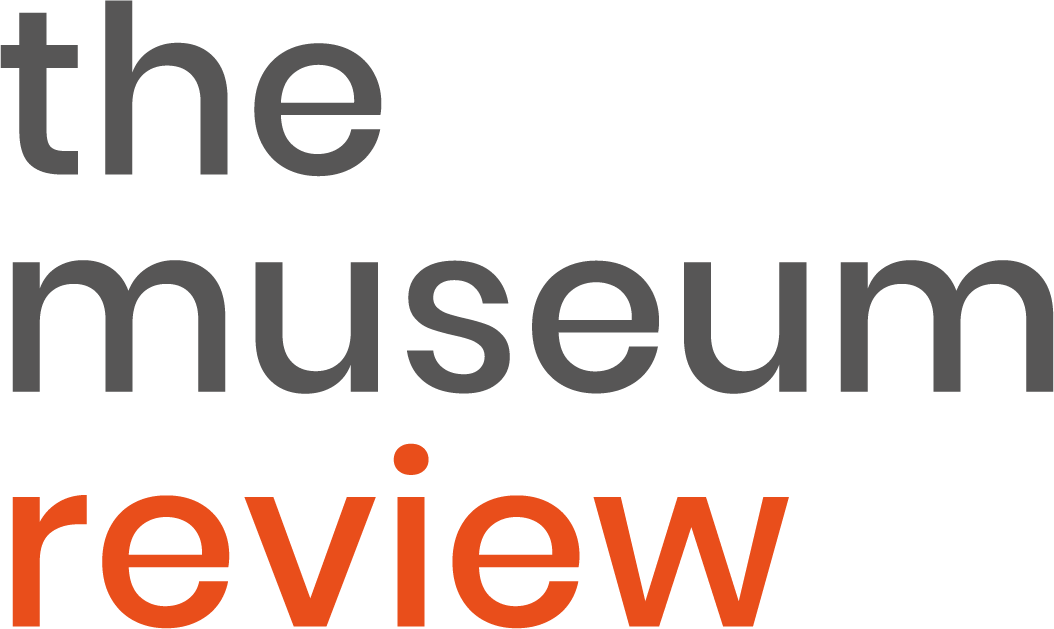Selecting peer reviewers
Reviewer selection is critical to the publication process, and Editors base their choices on many factors including expertise, reputation, specific recommendations, and prior experience of a reviewer’s characteristics and abilities.
Referee suggestions
The Editor welcomes suggestions about individuals who can serve as independent reviewers. An author may propose names to review his/her submitted manuscript, but the Editor is not required to utilize the suggestion. Similarly, authors may request the Editor refrain from utilizing certain individuals as peer reviewers for the submitted manuscript, and the Editor will attempt to honor these requests.
Peer reviewer reports
Peer reviewers’ written reports provide critical information that enable Editors to determine a manuscript’s suitability and readiness for publication. The report highlights how authors can strengthen their work, or explains the work’s primary weaknesses to enable authors to revise or resubmit the manuscript at a later date.
Among other topics, peer reviewers will assess
- What are the main claims of the manuscript, and how significant are they?
- Are the ideas novel?
- How does the paper stand out from other discussions or current practices in the field?
- Are the claims appropriately discussed in the context of twenty-first century museums?
- Are the claims convincing? If not, what further evidence is required?
- Is the manuscript written clearly? If not, how can it be made more clear or accessible to non-specialists?
- If the manuscript is not acceptable for publication in its current state, is the work sufficiently promising to encourage the author to resubmit?
- Who will be interested in reading the paper, and why?
While frank comments about manuscript content is strongly encouraged, The Museum Review asks for reasons of standard professional courtesy that peer reviewers refrain from personally negative comments about authors of submitted work.
Possible reasons for rejection
Manuscripts will be returned to authors because
- The material does not fit the journal’s criteria for publication
- The paper needs to be revised or re-written due to poor structure or lack of clarity
- The content does not demonstrate or explain new ideas or progress within the museum community
- The material is too premature for publication
- Appropriate conclusions were not drawn; a project is incomplete; additional data is required
Confidentiality
All peer reviewer names are kept confidential, and all authors are asked to anonymize their manuscripts at submission. All details about a submitted manuscript are confidential, and will not be shared or commented upon to any outside individual or organization. Peer reviewer reports, Editorial correspondence, and other material will remain confidential whether the manuscript is accepted for publication or is not. Editors may comment on the content of published material, but will not discuss the evaluation process.

